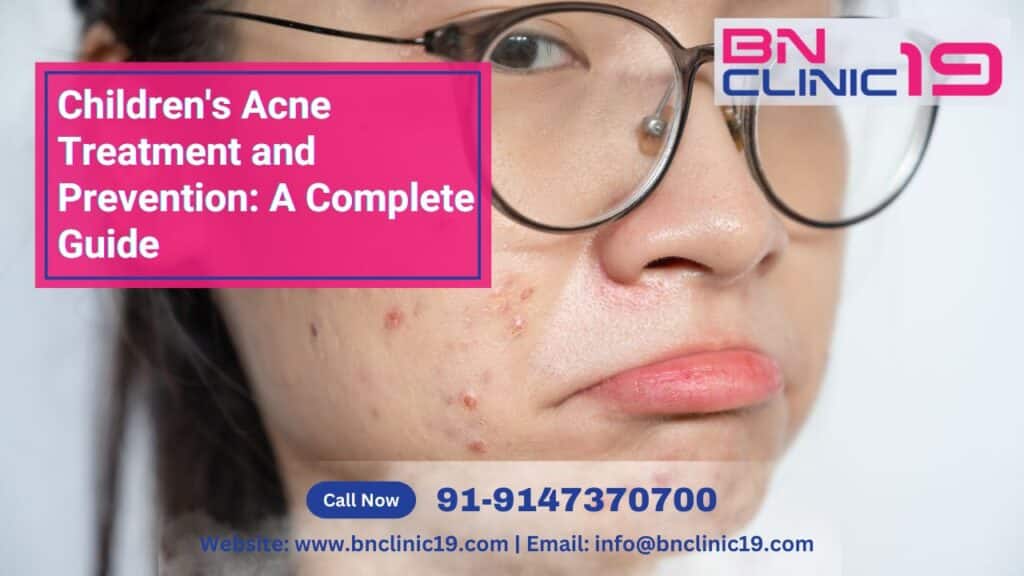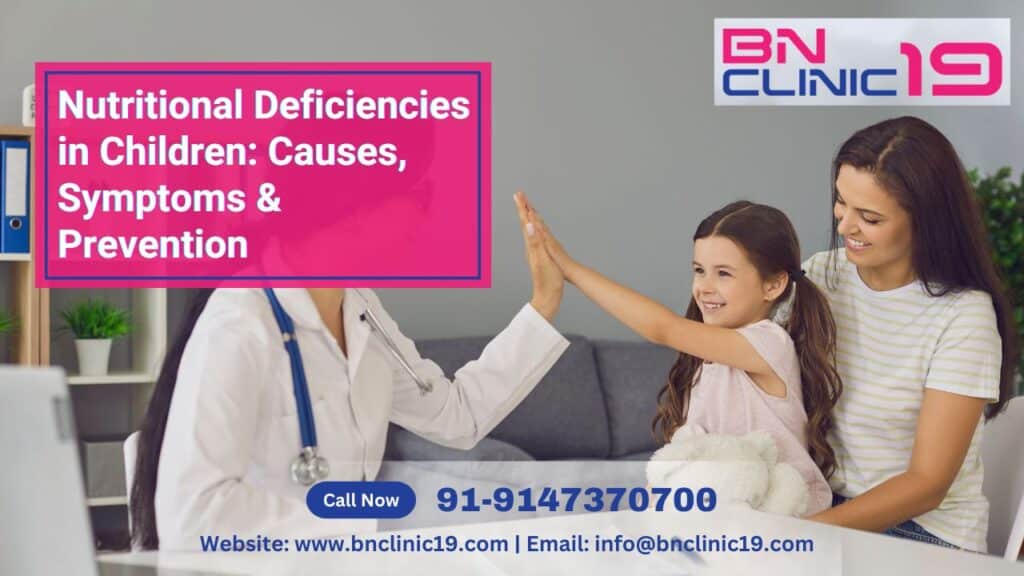PCOS Symptoms and Treatment: Understanding and Managing the Condition
Polycystic Ovary Syndrome (PCOS) is a common hormonal disorder affecting women of reproductive age. It is characterized by irregular periods, excessive hair growth, acne, weight gain, and infertility issues. PCOS occurs due to hormonal imbalances, particularly increased levels of androgens (male hormones) and insulin resistance. Early diagnosis and lifestyle modifications can help manage symptoms and prevent complications like diabetes, heart disease, and infertility. This article explores PCOS symptoms, causes, and effective treatment options. What Are the Symptoms of PCOS? PCOS symptoms vary from woman to woman, but the most common include: 1. Irregular or Absent Periods ✔️ Causes: Hormonal imbalances prevent regular ovulation, leading to irregular, missed, or absent periods. Some women experience heavy menstrual bleeding due to an overgrown uterine lining. 2. Excess Facial and Body Hair (Hirsutism) ✔️ Causes: High androgen levels cause excessive hair growth on the face, chest, back, and stomach. This symptom affects about 70% of women with PCOS. 3. Acne and Oily Skin ✔️ Causes: Androgen hormones increase oil production, leading to hormonal acne on the face, chest, and upper back. 4. Weight Gain and Difficulty Losing Weight ✔️ Causes: Insulin resistance makes it harder for the body to regulate blood sugar, leading to unexplained weight gain, especially around the abdomen. 5. Thinning Hair or Hair Loss (Female Pattern Baldness) ✔️ Causes: High androgen levels cause scalp hair thinning, similar to male pattern baldness. 6. Fertility Issues and Difficulty Conceiving ✔️ Causes: Lack of regular ovulation makes it difficult to get pregnant naturally. PCOS is one of the leading causes of female infertility. 7. Insulin Resistance and Increased Diabetes Risk ✔️ Causes: Many women with PCOS develop insulin resistance, increasing the risk of type 2 diabetes. Symptoms include fatigue, sugar cravings, and dark patches of skin (acanthosis nigricans). 8. Mood Swings, Depression, and Anxiety ✔️ Causes: Hormonal imbalances can contribute to mood swings, irritability, and mental health disorders like anxiety and depression. What Causes PCOS? Although the exact cause of PCOS is unknown, several factors contribute to its development: ✔️ Genetics: PCOS tends to run in families. ✔️ Insulin Resistance: High insulin levels stimulate androgen production, worsening PCOS symptoms. ✔️ Hormonal Imbalances: Increased testosterone and luteinizing hormone (LH) interfere with normal ovulation. ✔️ Lifestyle Factors: Poor diet, lack of exercise, and stress can worsen PCOS symptoms. Effective Treatment Options for PCOS 1. Lifestyle Changes: Diet and Exercise Adopting a healthy lifestyle is the most effective way to manage PCOS naturally. ✔️ Weight Management: Losing just 5-10% of body weight can restore ovulation and regulate periods. ✔️ Balanced Diet: • Eat high-fibre foods (leafy greens, whole grains) to reduce insulin resistance. • Choose lean proteins (chicken, fish, and lentils) for muscle health. • Limit processed carbs, sugary foods, and dairy that worsens inflammation. ✔️ Regular Exercise: • Aim for 150 minutes of moderate exercise (walking, cycling, and swimming) per week. • Strength training and yoga improve insulin sensitivity. 2. Medications for PCOS ✔️ Birth Control Pills – Regulate periods and reduce acne and excess hair growth. ✔️ Metformin – Improves insulin sensitivity and lowers blood sugar levels. ✔️ Clomiphene (Clomid) & Letrozole – Used for women trying to conceive. ✔️ Spironolactone – Reduces excessive hair growth and acne by blocking androgens. 3. Natural Remedies for PCOS ✔️ Herbal Supplements: • Spearmint tea helps lower androgen levels. • Cinnamon improves insulin sensitivity. ✔️ Apple Cider Vinegar: Helps regulate blood sugar and weight. ✔️ Omega-3 Supplements: Reduce inflammation and hormonal imbalances. 4. Fertility Treatments for PCOS ✔️ Ovulation-Inducing Medications – Clomid and Letrozole help stimulate ovulation. ✔️ In Vitro Fertilization (IVF) – An option for women struggling to conceive naturally. Long-Term Risks of Untreated PCOS Without proper management, PCOS can lead to: ⚠️ Type 2 Diabetes ⚠️ High Blood Pressure and Heart Disease ⚠️ Endometrial Cancer (due to irregular ovulation) ⚠️ Infertility When to See a Doctor? Consult a gynaecologist or endocrinologist if you experience: ✔️ Irregular periods or absent periods for months ✔️ Excessive hair growth, acne, or scalp hair thinning ✔️ Difficulty getting pregnant ✔️ Unexplained weight gain or signs of insulin resistance Early diagnosis and treatment can prevent complications and improve overall well-being. PCOS is a complex hormonal condition, but early diagnosis, lifestyle modifications, and medical treatment can help manage symptoms effectively. 💡 If you suspect you have PCOS, consult a gynaecologist in Kolkata for expert diagnosis and treatment options!
PCOS Symptoms and Treatment: Understanding and Managing the Condition Read More »




